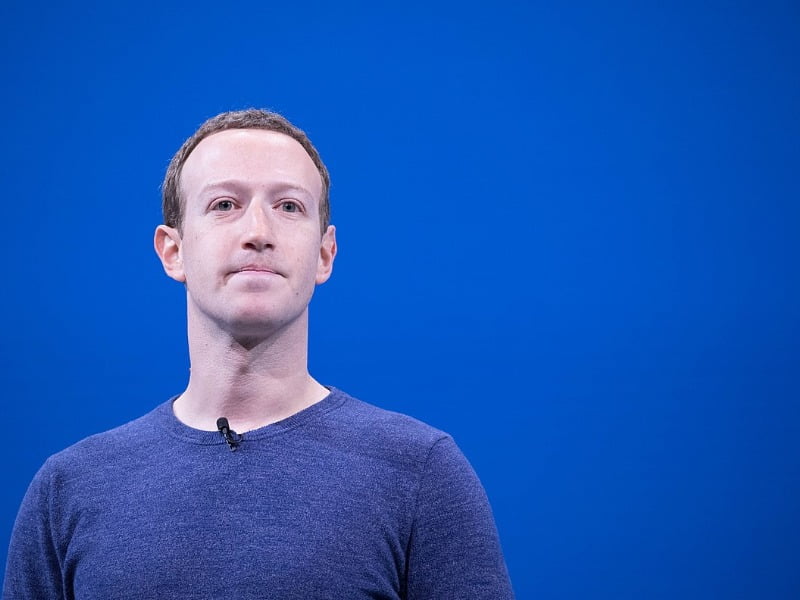The metaverse – a complete virtual world that promises to be the next phase of the web is not a new concept. It’s entered pop culture in many examples which most will be familiar with – like the dystopia of the leather and PVC clad hacker anarchists from 1999’s ‘Matrix’, or the more recent uber gamer fan flick ‘Ready Player One’ in 2011.
Zuckerberg was first enamored by the idea as a teenager, through the 1992 science fiction novel ‘Snow Crash’. For a time, the novel was required reading for early Facebook employees.
We really owe it to philosopher Jean Baudrillard, who thought up ideas around ‘simulacra’ and the ‘desert of the real’. Baudrillard envisioned the end of reality as we reach mass saturation with media and cultural symbolism, that we are living in simulations of reality, and not reality itself.

Elon Musk, famous for science-fiction sounding ideas, is a believer of this simulation hypothesis, that we may in fact, be living in a simulation right now.
But it was Zuckerberg who finally leant into this concept, attempting to create a large-scale simulated version of reality with his new metaverse.
Many are quick to point out that Facebook reputationally, is currently facing its lowest ebb yet – with whistleblower Francis Haugen revealing a trove of internal documents confirming that Facebook knew it was causing harm to teenagers, ignored issues with drug cartels and human trafficking, and spread vaccine conspiracy theories.
This follows a constant stream of scandals as Facebook steadfastly refuses to address the many issues in its toxic ecosystem. The new metaverse announcement conveniently, willfully ignores all of this.
Facebook has become a poster child for what is wrong with the contemporary internet, with monopolistic companies prizing profit over people, extractive business models that regularly breach our privacy, and algorithms designed to anger and divide us.

The once lauded mantras of Big Tech around innovation, disruption and building without consequence are finally being seen for what they are – shortcuts, cheats and shirking of responsibility.
Careful planning is worthwhile, considered strategy is sensible, and researching and addressing platform impacts is responsible.
I don’t blame Mark Zuckerberg for wanting to escape the world he’s created and the world around him – it is full of awful things. But the grown up and responsible thing would be to confront those problems head on.
Just like our politicians cannot ignore the realities of climate disaster, just like space-faring billionaires cannot dismiss the harms they’re causing their employees, Big Tech barons like Zuckerberg cannot escape the incursions into democracy and civil society that their extractive platforms have caused.
And we cannot keep thinking that our online issues will just fix itself. Let’s not dive deeper into delusion by subscribing to this new metaverse and ignoring the issues we have online. Instead, what we all need to do, is wake up to them.
Jordan Guiao is Research Fellow at the Australia Institute’s Centre for Responsible Technology.
Do you know more? Contact James Riley via Email.

